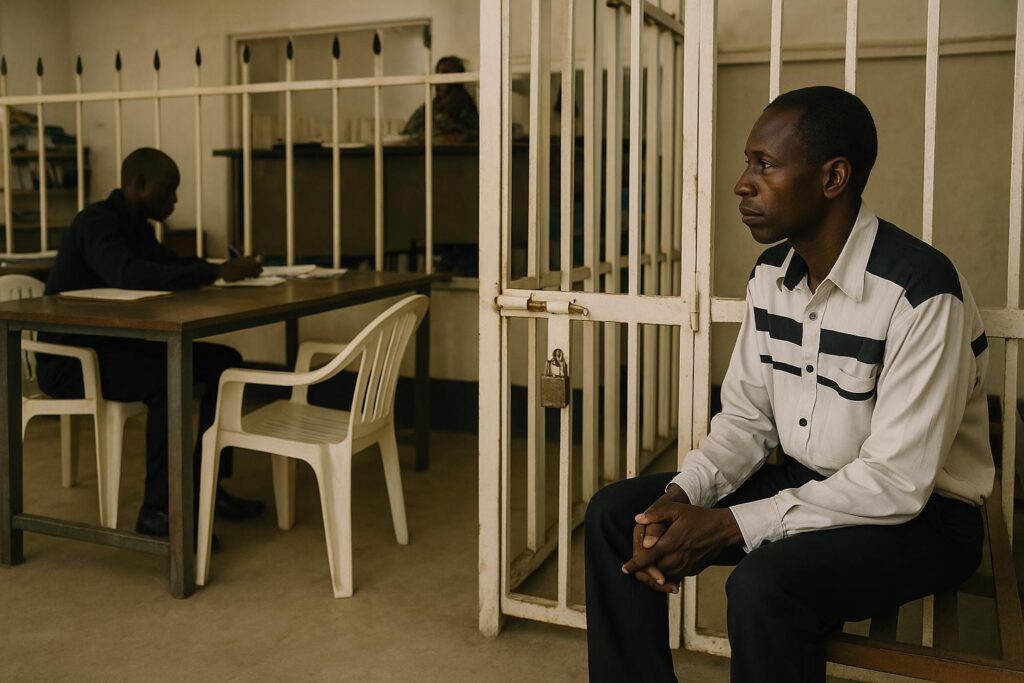Historic Return of Judges to Bentiu
For the first time in 12 years, Unity State now hosts a permanent high court judge and a first-grade judge. Their arrival in Bentiu marks a decisive break from a period when formal justice was virtually absent.
UNMISS announced the deployment in a statement, framing it as part of its protection-of-civilians mandate and support for rule of law in South Sudan.
How the Mobile Court Operates
The Bentiu mobile court opened on 29 September and will sit until 25 October. It combines criminal and civil jurisdiction, hearing cases from murder to land disputes under South Sudanese statutory law.
One of the two judges previously served on Juba’s Gender-Based Violence and Juvenile Court, bringing specialised experience to sensitive sexual-offence files.
Partnerships and Funding
The initiative reflects collaboration between UNMISS, the Unity State Government, South Sudan’s Judiciary, and the Ministry of Justice and Constitutional Affairs.
Operational costs are covered by the Royal Norwegian Embassy in Juba, an arrangement officials describe as ‘shared responsibility for peace dividends’.
Community Impact and Early Cases
Prosecutors, investigators, and a victims’ advocate arrived on 21 September to start registering complaints. Reported criminal cases have since more than doubled, with notable rises in sexual and gender-based violence files.
Before the judges returned, residents relied on customary courts, which often mediated serious offences beyond their mandate. Over 100 pending files, including 21 SGBV matters, awaited statutory judges.
Looking Ahead for Justice in Unity State
UNMISS supported five mobile courts across Unity State in 2024 and 2025, processing 314 cases during that period. Officials say the permanent presence could further reduce impunity.
Governor Joseph Nguen Monytuil pledged premises for continued sittings, signalling local government buy-in for sustained rule-of-law efforts.


